Mentioning Doan Hung, a land associated with the historic victory on the Lo River during the resistance against French colonialists, one cannot forget the precious pomelo variety that has been cultivated and preserved for hundreds of years — the Doan Hung Pomelo.
Every year, starting from early autumn, the Doan Hung pomelo begins to ripen, and the locals start harvesting the fruit throughout the autumn until the end of the year. The villages with the largest pomelo cultivation areas in Doan Hung include Chi Dam, Bang Luan, Kha Linh, Phuc Lai, Que Lam, Yen Kien, and Phuong Trung. Today, hundreds of hectares of pomelos are grown across the district in home gardens, along riverbanks, on alluvial plains, and at the foothills.
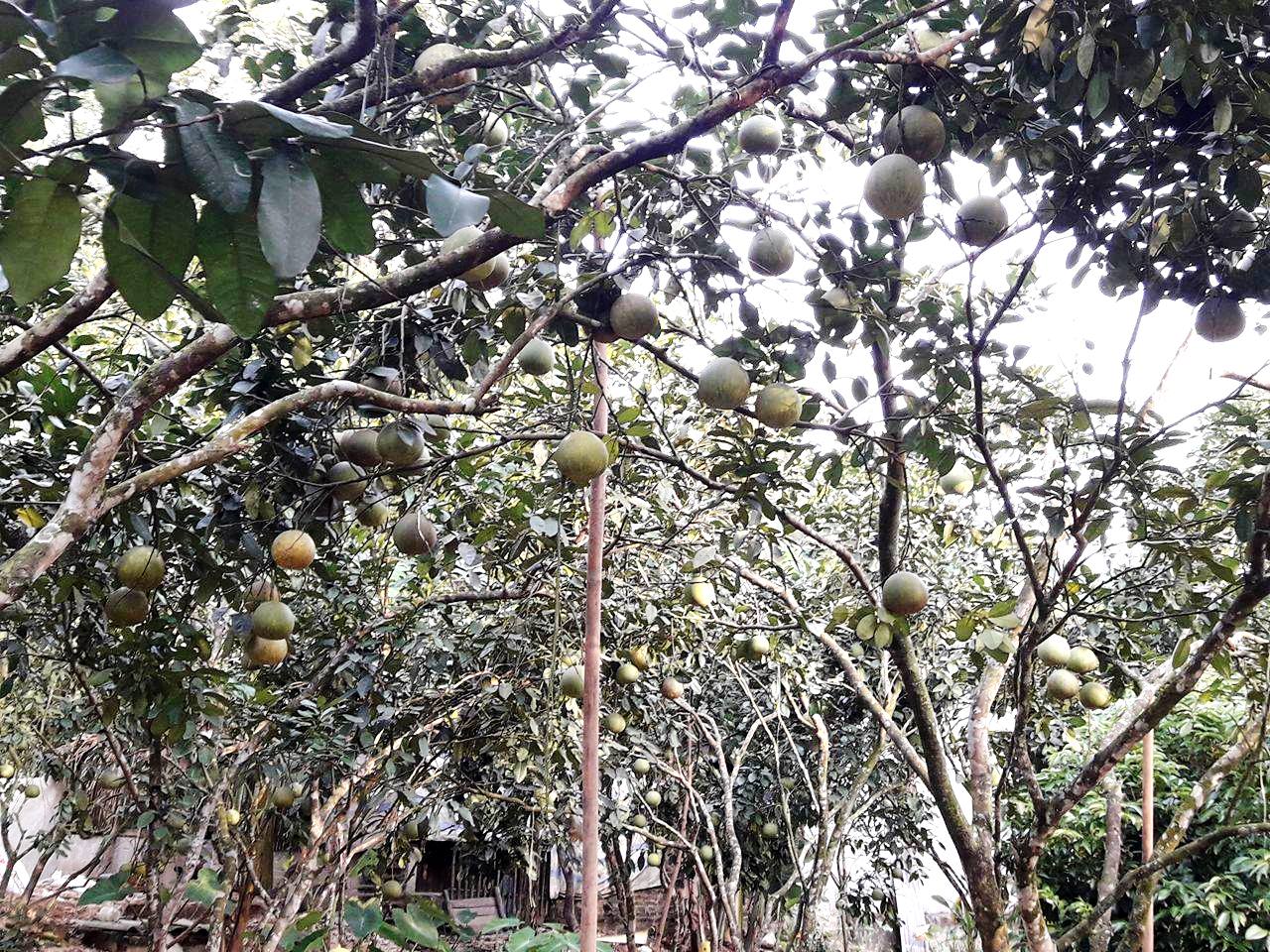
The golden gardens of pomelos in Doan Hung
The history of Doan Hung pomelo is linked to the pomelos once offered to kings from Dai Minh Village (Yen Binh District, Yen Bai Province). In the past, the people of Dai Minh discovered a precious pomelo variety in the mountains and brought it home to cultivate in their gardens. This pomelo, known as "Sửu," was characterized by large fruits, long segments, translucent flesh, uniform texture, and a sweet, fragrant taste. This valuable variety dates back 300–400 years in the Dai Minh area.
Each year, during pomelo season, the villagers selected the biggest, most beautiful, golden fruits to present to the king as a delicacy from their village. Later, the people of Doan Hung traveled to Dai Minh to acquire this precious pomelo variety and cultivated it in the fertile soil of Chi Dam. Unexpectedly, the "Sửu" pomelo thrived in Doan Hung, taking root and flourishing for hundreds of years.
Harvest season in the villages of Doan Hung
Over time, despite hardships such as war, floods, and poor harvests, the people along the Lo River persisted in preserving this precious pomelo variety. Each year, more pomelo trees were propagated. Gradually, pomelo orchards expanded, and the excess fruits were sold at local markets, along highways, or sent to other regions. This brought recognition to the Doan Hung pomelo across the northern and central regions of Vietnam.
Interestingly, Doan Hung pomelo thrives and produces sweet, fragrant fruits only in the soil of the villages along the Lo River. When planted in other regions, the trees become stunted, yield fewer fruits, and lack the sweetness of those grown in Doan Hung.
Each year, after the Lunar New Year, the people of Doan Hung begin tending their pomelos by pollinating the flowers, watering, fertilizing, and clearing weeds to ensure optimal growth. Every season, the pomelo orchards in Doan Hung produce bountiful harvests. Trees aged 10–15 years typically yield 250–300 fruits per tree.
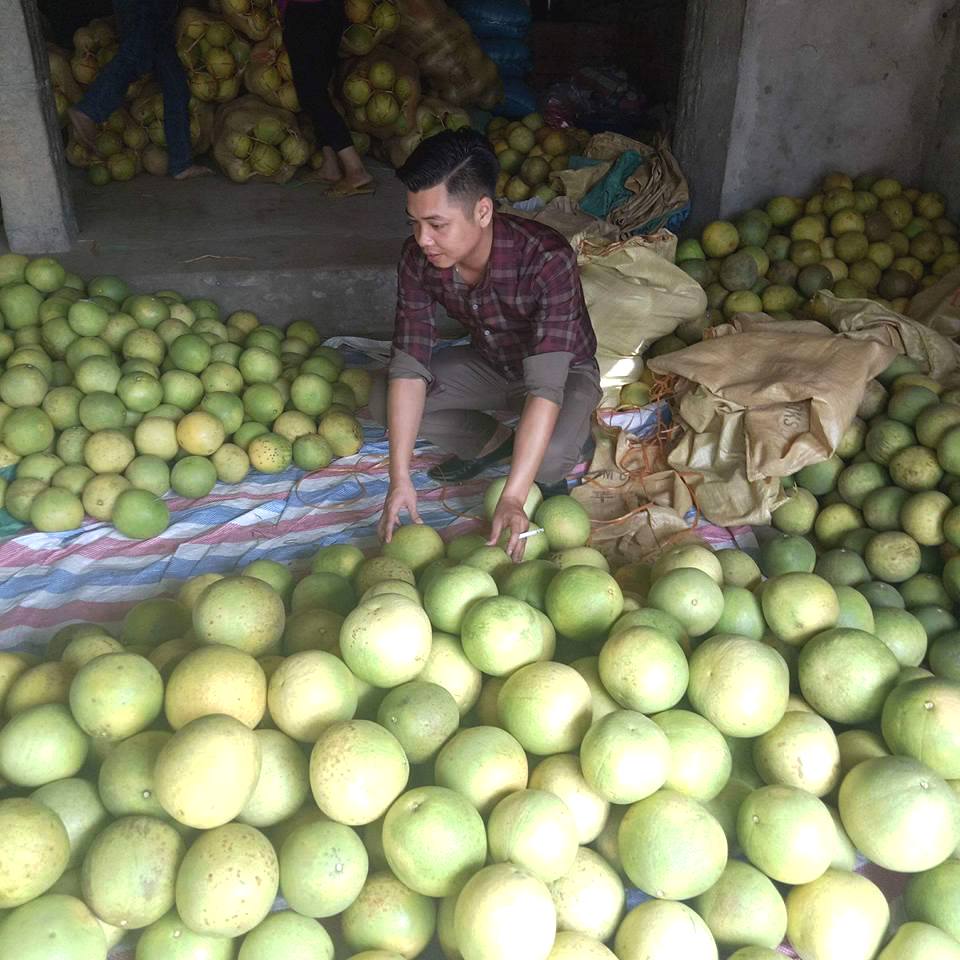
Doan Hung Pomelo — The Sweet Fruit of the Ancestral Land
Doan Hung pomelos have unique characteristics compared to other premium pomelo varieties nationwide. The fruits are small, round, with thin skins, thick segments, and juicy flesh. They have a sweet, fragrant flavor that leaves a lasting impression on anyone who tastes them. Notably, when fully ripened pomelos are picked and stored on the ground, they can last up to six months. While the outer skin may wither, the inner flesh remains juicy, and the sweetness intensifies as the fruit ages. Currently, large, high-quality pomelos are sold for 80,000–100,000 VND per fruit, with smaller or lower-grade fruits priced at 15,000 VND, depending on the orchard and the size of the fruit.
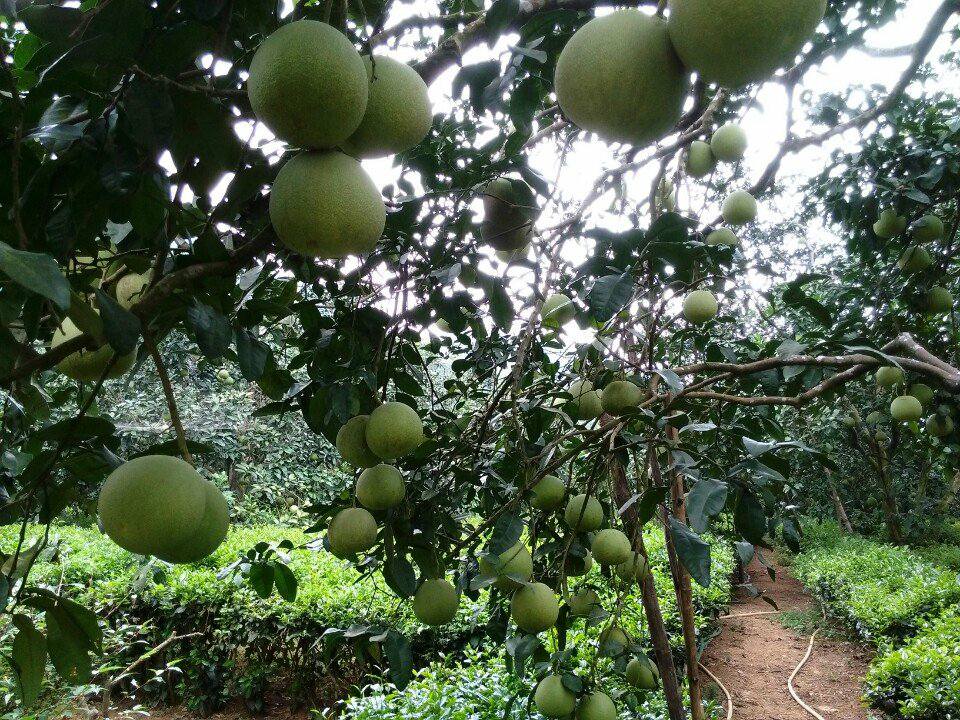
During pomelo harvest days, locals select the largest, most beautiful golden pomelos to offer to the Hung Kings and their ancestors as a gesture of gratitude and reverence.
During the Hung King Temple Festival and trade fairs, the people of Doan Hung set up booths featuring Doan Hung pomelos to introduce this precious fruit to visitors from across the country. It is presented as a specialty and a vivid symbol of the fragrant flowers and sweet fruits from the Ancestral Land.
 VIE
VIE

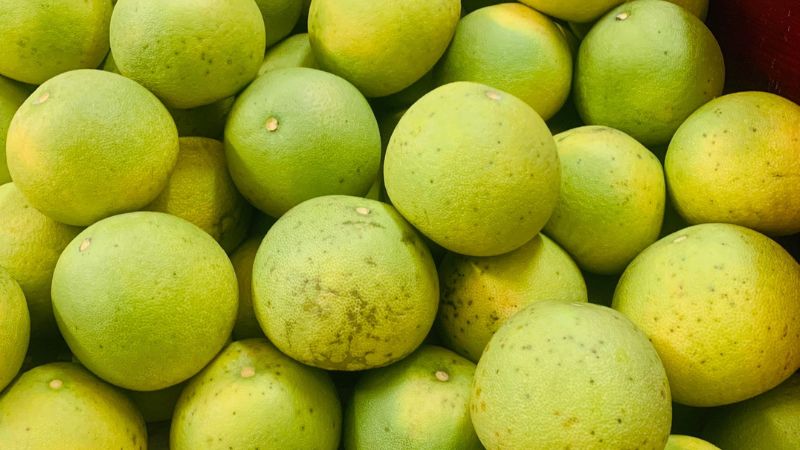
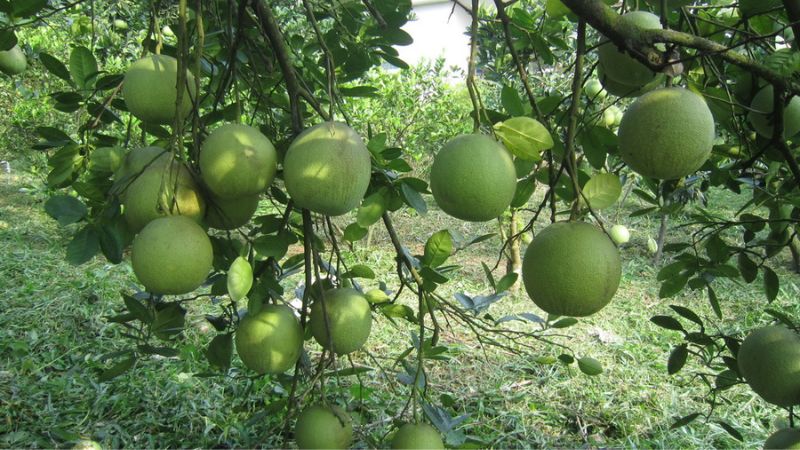
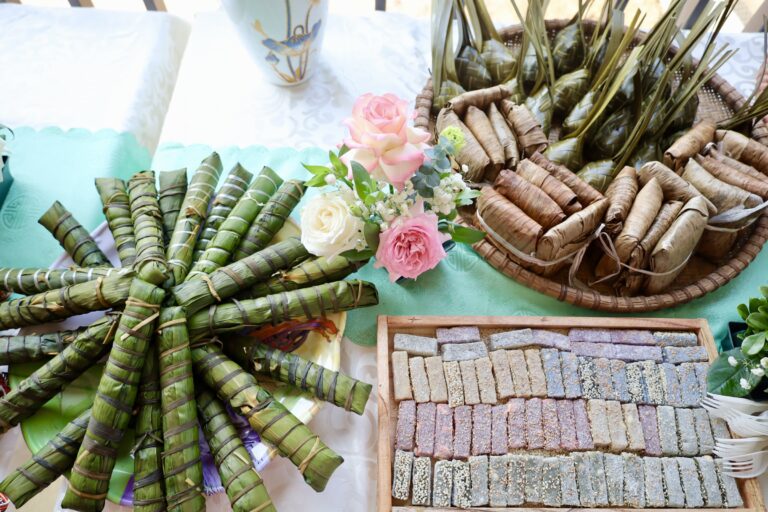
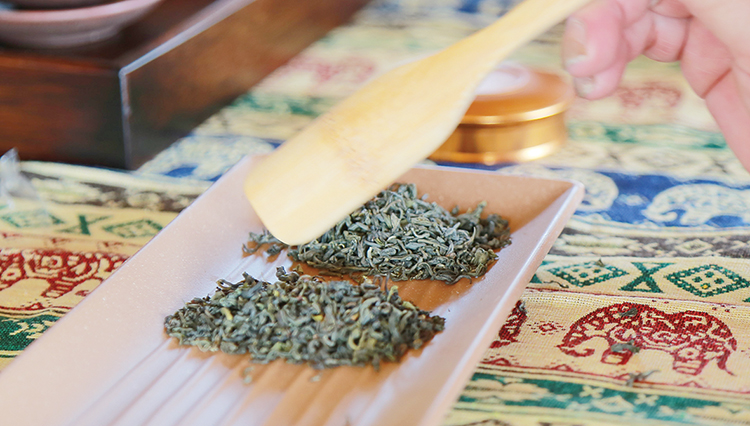


Starlight
quá tuyệt